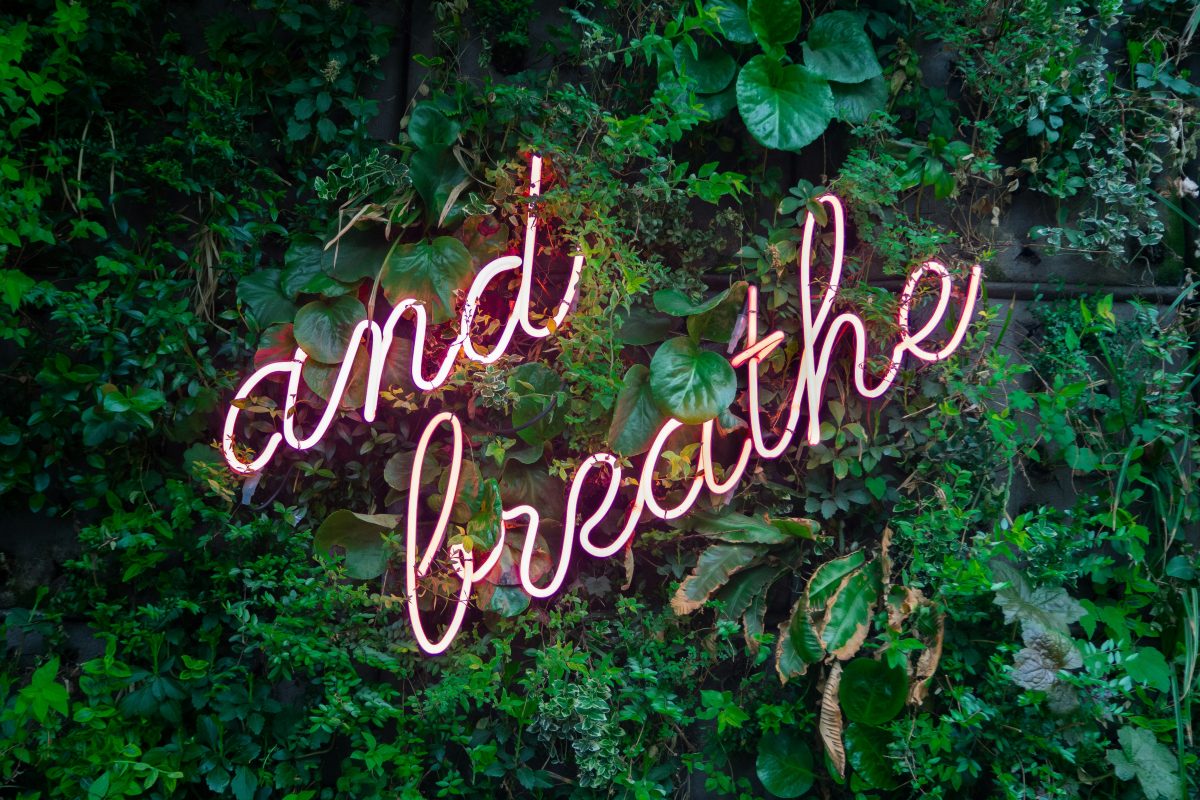One of the most important practices for mental wellness is introspection—when we take the time to examine our thoughts and behaviors. This simple, yet powerful, practice helps us recognize patterns, identify triggers, and gain insight into our unique desires, goals, and limitations.
Introspection is a vital form of self-care, empowering us to better understand ourselves and take proactive steps to manage stress and mental health. For marginalized communities, including those living with mental illness, and especially those from BIPOC (Black, Indigenous, and People of Color) backgrounds, introspection can be an invaluable tool for healing, offering a sense of control and agency, even in a world where systemic barriers may limit access to quality mental health care.
The Importance of Self-Care in Mental Health
According to the World Health Organization’s Pyramid Framework for mental health care, self-care is the most important resource for mental wellness. In a world where access to quality mental health services can be limited—especially for BIPOC communities—self-care becomes a fundamental starting point. Introspection fits perfectly into this framework because it’s a practice we can all engage in, no matter where we are or what resources we have access to.
Why Introspection Matters
When you take time to reflect on your thoughts, feelings, and behaviors, you empower yourself in several important ways:
- Identifying Triggers: Understanding what triggers certain emotions or behaviors is key to addressing them before they escalate.
- Recognizing Patterns: By regularly checking in with yourself, you’ll start to notice patterns in how you react to different situations.
- Empowering Self-Care: The more you understand your likes, dislikes, and needs, the better you’ll be at creating grounding, centering self-care practices.
- Developing Action Plans: Introspection enables you to form action plans for managing triggers and stress, helping you avoid problematic thoughts and behaviors.
How to Practice Introspection for Mental Wellness
Here are some simple steps to get started with introspection:
- Name Your Feelings: Take even just one minute a day to identify the emotions you’re experiencing in the moment. Put a name to them.
- Notice Your Thoughts: Observe the thoughts that accompany your feelings. Is there a connection between something that recently happened and how you’re feeling now? Are these thoughts leading you toward any specific actions or desires?
- Identify Triggers: Ask yourself if any recent event or interaction triggered your current thoughts and emotions. Once identified, reflect on how you can address these triggers in the future.
- Choose Your Medium: Introspection can be done at any time, in any way that feels right for you. Here are a few methods to consider:
- Quiet reflection during spare moments
- Meditation or deep breathing techniques to bring awareness to your thoughts
- Journaling your thoughts, feelings, and behaviors at the end of each day
- Avoid Comparison: It’s important to remember that your introspective practice is yours alone. Whether you journal, meditate, or quietly reflect, the key is choosing what feels right for you. Don’t compare your process to anyone else’s.
The Benefits of Introspection
Once introspection becomes a habit, you’ll begin to see the many ways it helps your mental wellness:
- Spotting Patterns: Over time, you’ll recognize patterns in your thoughts, feelings, and behaviors, giving you insight into your emotional triggers and tendencies.
- Discovering Joy: You’ll also gain clarity on what activities and experiences bring you joy and peace, helping you build an effective self-care routine.
- Grounding in Stressful Moments: With a better understanding of your triggers and needs, you’ll be able to implement grounding self-care techniques during stressful moments.
Conclusion: The Empowering Tool of Introspection
Introspection is an incredibly empowering tool, especially for those from marginalized communities. It is a vital first step to understanding your mental state and cultivating self-care practices that support your well-being. And the best part? It’s something you can do on your own, without having to pay for outside services.
Remember that mental health is for all, and introspection is a practice that honors your power to heal and grow—regardless of the systemic barriers that may exist. Believe in your ability to foster self-growth, and continue your healing journey with introspection as your guide.
Your mental wellness matters. 💖

